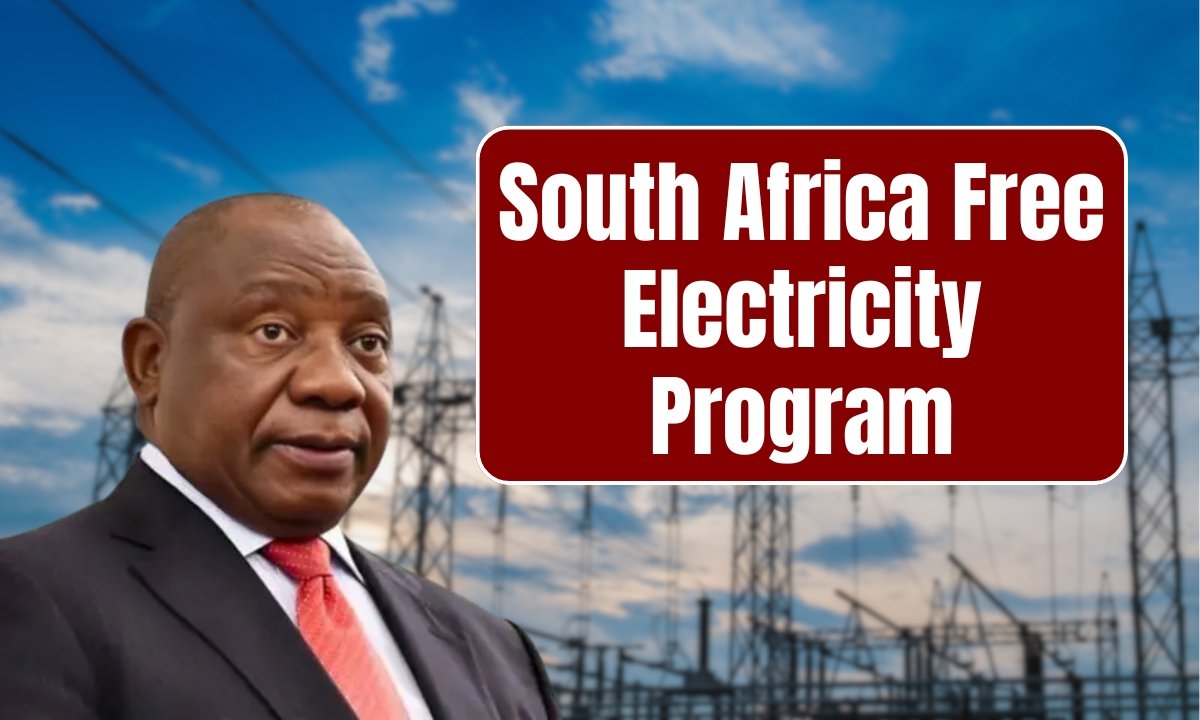On the Free Basic Electricity program in South Africa, an allocation of free units of electricity is given each month to low-income households that qualify. This initiative aims to help families purchase basic energy needs—lighting, cooking, charging phones, heating water, etc.—so they do not have to take away precious money from buying food or for their schooling.
There is a renewed focus in 2025 on expanding access. Municipalities are intensifying registration campaigns and simplifying application procedures online to ensure a greater number of vulnerable families will benefit.
Importance of Program
Electricity is far from a convenience; it is a lifeline. Lack of electricity means depending on unsafe options like candles or paraffin lamps. The FBE reduces health and safety risks while the remaining units contribute toward rising dignity and quality of life.
Moreover, with rapidly increasing utility costs, many households find themselves just barely paying their monthly electricity bills. The FBE provides that much-needed relief by freeing some income families can meet to buy food, education, or other essentials.
Who Qualifies for Free Electricity
Between municipalities, there are differences in the criteria for eligibility, but the common requirements are such that households are usually required to be indigent, meaning they earn below certain income thresholds (e.g., under R7,500 per month in some municipalities). Applicants must be South African citizens or permanent residents and must legally occupy the property for which they claim the benefit.
Documents Required Are Usually:
- Proof of residence (utility bill, lease, or municipal account)
- Proof of income (such as payslips, SASSA grant letters, or an affidavit in cases of unemployment)
- Identification documents
- Electricity meter/account number
What You Will Get & How Much
Having been accepted, the household may then be allocated a certain amount of free electricity on a monthly basis. Most commonly, in municipalities across the country, about 50 kWh per month is allowed, but the quantity may vary from one municipality to another. Fifty kWh of power will, however, be useful for powering certain electrical appliances which need limited use. Some municipalities also allow certain service-charge or rates-related taxes to be suspended or reduced as well, further easing the financial burden of the low-income residents.
Applying for Free Basic Electricity Step by Step
The general steps involved in the application process are as follows:
- Go to the official municipal website and look for links such as “Free Basic Electricity,” “Indigent Services,” or alike.
- Read and ascertain you satisfy the requirements.
- Fill in the application form online or download the form and complete it before uploading it. Include with it your personal information, proof of income, and your electricity meter or account number.
- Upload all required documents together with their IDs, proof of residence, income verification, etc. Make sure they are legible.
- Click the submit button. Most municipalities will send you an acknowledgment confirming receipt of your online application either via SMS or email.
- Wait for the verification; this can take up to a few weeks, depending on demand. They may require additional documentation.
- If your application gets approved, your electricity account is credited for post-paid users or you receive monthly tokens for prepaid users.
Also Read:SASSA Payment Dates September & October 2025: Complete Grant Schedule Released
